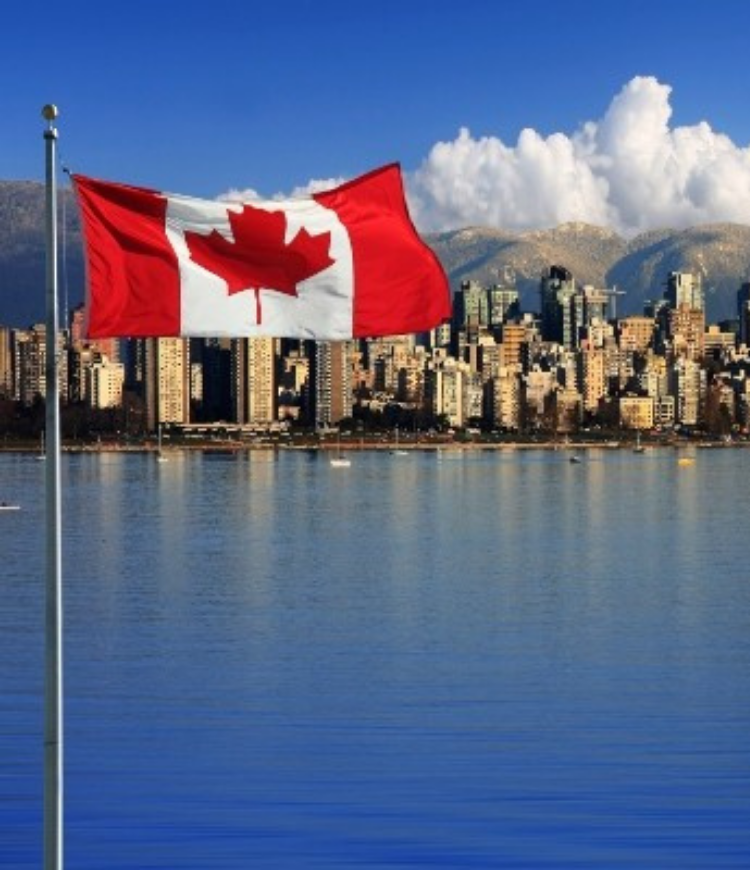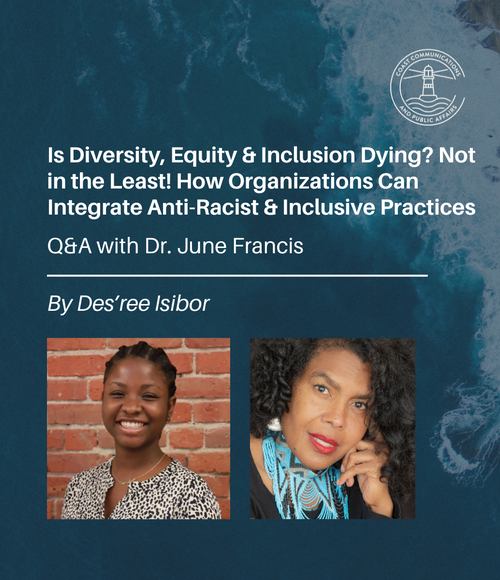The following article was written by Tamara Little for Navigate Response's February newsletter, you can read it on their site here. Coast Communications is Navigate Response's western Canada crisis response partner.
Safety. For all the right reasons, it is a preoccupying focus for the marine shipping industry. But when we work with clients new to British Columbia, shippers or other companies, they are often surprised to learn that in this jurisdiction, the term primarily conjures up considerations of environmental safety, not necessarily human health and safety.
Why is this, and how does this impact how crisis communicators need to manage marine crises here?
B.C.’s coastline comprises fjords and islands, and is unusually long, clocking in at around 27,000 km in length. It also borders the largest coastal temperate rainforest in the world. Coastal Indigenous Nations have managed these lands for millennia and continue to do so. Partnerships with businesses and all levels of government have resulted in modern treaties and other agreements that provide increased Indigenous Nations and groups rights to use and co-manage resources and lands owned by governments (called Crown land, comprising 94% of our land base).
B.C. is also the founding location of Greenpeace—and a province where outdoor activities like hiking and skiing, and the natural beauty of the land, are fundamental to our culture and identity. As the provincial government’s marketing brand says, it’s SuperNatural B.C.
The Canadian Federal Government’s November Oceans Protection Plan and Oil Tanker Moratorium Act, which bans crude oil tankers from British Columbia’s north coast, frame the expectations here. To secure approvals of an oil pipeline twinning project designed to deliver Canadian oil to Asian markets, the Federal Government had to purchase the project. Terminating in the Port of Vancouver, the Trans Mountain Pipeline project was just highly controversial. (And that was, again, a twinning project. Oil has been transported through Vancouver and English Bay since the first project was completed in 1953).
For us crisis communicators this means even the smallest impact to the environment is front page news and puts the polluter in the crosshairs of political and environmental issues. Not just locally, but at a national level.
Take the marine incident involving M/V Marathassa, a Panamax bulk grain carrier that spilled an estimated 2,800 litres of bunker C fuel in Vancouver’s harbour in 2015. Confusion over the vessel’s owner and their responsibility and reluctance to engage only increased outrage that was already at a heightened state. Although the impacts were comparatively minimal, the reputational damage was significant.
Given this, how can you successfully protect your corporate reputation if you have an incident in British Columbia?
Any impact to the ocean is considered an affront to our identity. Take it seriously.
Own up, immediately take responsibility and work collaboratively with leaders to address the issue and respond. It’s the only way to maintain your corporate reputation in this region.
Planning in advance is essential.
Although our client’s vessels may only transit this coast periodically, it only takes one incident to be in the thick of it. It’s too late to start learning about B.C. after the fact. Brief yourself in advance so you understand the fundamentals of the jurisdiction.
Corporate reputation is awarded (and taken away) by stakeholders and Indigenous groups, not by you.
If you have an incident, ensure you can navigate this environment effectively. Like in any crisis, you have to make the right decisions immediately. You may have spilled oil, but if you respond and communicate effectively there is still a chance to maintain or regain trust. Know the stakeholders and Indigenous Nations and their roles in marine response.
Speak to us in our language.
Americans call our area, including Seattle and Vancouver, the “Pacific North West,” but to us, it’s the “Lower Mainland” because it is in the south of our country. Nothing rankles Canadians more than people assuming we are the same as the U.S. Provinces and Territories, not States. Get it right. And fast.
Be collaborative and solve the problem together.
Like many jurisdictions, marine spill response is managed in B.C. through an integrated Incident Command. The polluter joins the team and participates alongside the Canadian Coast Guard, Provincial Ministry of Environment spill response, surrounding municipal governments, Indigenous Nations and many others. You will be expected to be trained and professional but also to work together towards a common goal. Media releases are issued from the Incident Command, not individual entities. Assign your best people (including your communications team) and work as a team.
Although our oceans and rivers have, like our forests, been the backbone of our industrial and economic success since we joined Canadian Confederation, there is a high expectation that we use these resources with great care. But accidents do happen and communicating using best practices bolstered by local knowledge will increase your chance of maintaining your reputation as you navigate the issue.



